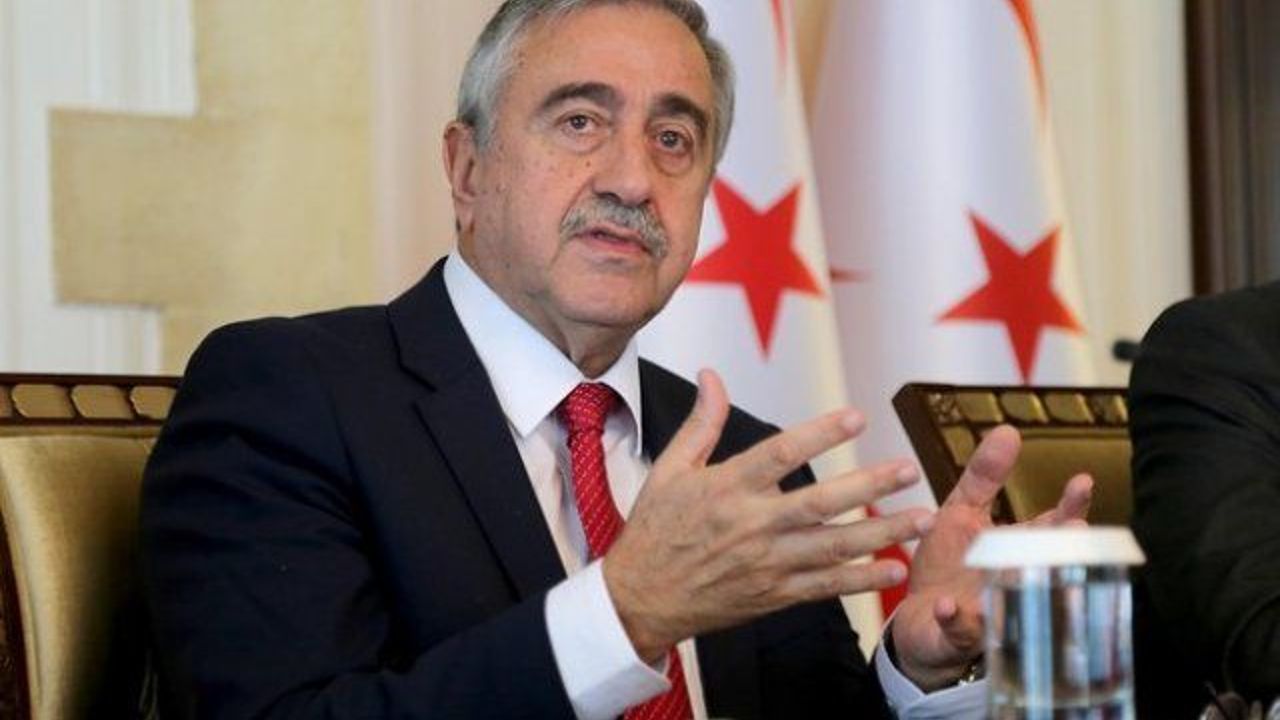'Disunity over map' continues in Cyprus talks
Over half a dozen topics remain on which consensus is yet to be achieved by both sides, Turkish Republic of Northern Cyprus President Mustafa Akinci said Wednesday.

Speaking with reporters following his meeting with Greek Cypriot leader, hosted by the UN in Lefkosa, Akinci said although no consensus had been reached yet over territorial changes, talks over the Cyprus issue were nearing towards an end.
"We have both agreements as well as disagreements over some issues. We still have disunity over the map," he said, adding: "[But] the Cyprus talks are coming to an end [...] It will somehow come to a conclusion within this period."
On Jan. 11, Turkish Cypriots and Greek Cypriots exchanged maps on proposed territorial boundaries and the documents were sealed in a UN vault. Talks between two sides continue under UN auspices in Lefkosa.
Akinci said there were still seven to eight topics which needed consensus between two sides. Without naming what exactly these topics were, the president said the approximate framework over the legal process would only take a couple of months once the problems were solved.
Referring to the Cyprus talks in Switzerland early January, the president said the conference on Cyprus would not be a process of "open-ended negotiations which will continue forever".
Akinci also said there will be three more meetings on Feb. 9, Feb. 16 and Feb. 23 over the issue.
The eastern Mediterranean island of Cyprus was divided into a Turkish Cypriot state in the north and a Greek Cypriot administration in the south after a 1974 military coup on the island was followed by the peace operation of Turkey as a guarantor power.
The three guarantors were assigned when Cyprus gained independence from the U.K. in 1960.
As one of the guarantor powers, Turkey carried out a peace operation in 1974 in response to an attempt by Greek Cypriot militants to annex the island to Greece.
Anadolu Agency







